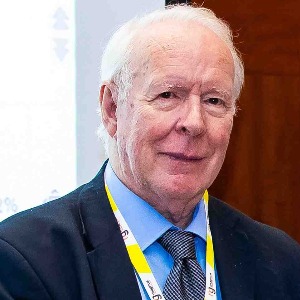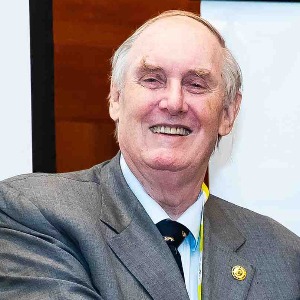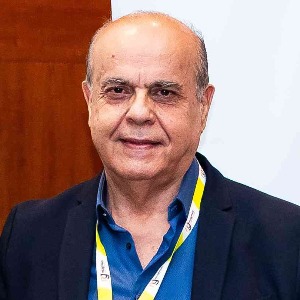Regenerative medicine in dentistry
The concept of regenerative medicine is rapidly gaining prominence in the field of Dentistry and Oral Health Science. It has the potential to revolutionize the way that dental procedures are conducted, managed and how they affect outcomes. Regenerative medicine is a field of scientific research which focuses on rebuilding, replacing and regenerating human cells, tissue, and organs to replace lost or damaged tissue. Cutting-edge advances in stem cell research and biotechnology have enabled advancements in regenerative medicine which has had a major impact on Dentistry. One of the major focuses of regenerative medicine in dentistry is the utilisation of stem cells and bioengineering techniques to create implantable dentin. Dentin is the substance in teeth which provides strength and structure, and the natural regeneration of which is often hindered by many dental conditions. By being able to dramatically accelerate the process of regenerating dentin, implantable dentin could be used to replace lost or damaged dentin in teeth with no adverse implications. This advancement in regenerative medicine could relatively give patients a healthy smile in a short time frame. Regenerative therapies have been used to to treat dental defects such as missing teeth, decay and periodontal disease through tissue engineering and genetic manipulation. These processes include therapies such as the use of periodontal cell-induced tissue tissue engineering, in which periodontal ligament cells are used to generate new dentin osteogenesis. Furthermore, innovative stem cell therapies have been employed to generate bone, ligaments and other tissue in both humans and animals. Stem cell therapy is also being used to treat non-dental related issues such as heart problems, cancer and tissue damage due to burns or ulcers. Additionally, regenerative medicine also has the potential to provide innovative treatments for dental diseases and conditions such as impacted teeth, tooth decay, and tooth loss, or even oral cancer. Through the use of advanced biotechnologies, it is possible to create artificial tissues and organs that can be used to replace or regenerate any damaged or lost tissue. At the current moment, regenerative medicine is becoming extremely popular in Dentistry and Oral Health Science. By utilising stem cells and other advanced biotechnologies, regenerative therapies have the potential to revolutionize the way dental procedures are performed and how successful their outcomes are. Although a great deal of research is required to fully understand the extent of the implications of regenerative medicine, current developments in the field have provided a glimmer of hope for those suffering from dental issues.

David Geoffrey Gillam
Queen Mary University of London, United Kingdom
Christopher Turner
Spacemark Dental, United Kingdom




Title : Evaluating hygienist follow up for head and neck oncology patients in secondary care: Results from a two cycle audit
Peter Basta, Newcastle Dental Hospital, United Kingdom
Title : Atypical facial pain unravelled
Christopher Turner, Spacemark Dental, United Kingdom
Title : New treatment of temporomandibular disorder through muscle balance and muscle regeneration by activation of quiescent muscle stem cells( satellite cells) with mitochondrial dynamics
Ki Ji Lee, National Reserach Foundation & Busan Medical University, Korea, Republic of
Title : MRONJ and ORN: Referral or management in primary care? Navigating guidelines in the context of long waiting lists
Alisha Sagar, NHS England, United Kingdom
Title : Managing the unexpected: An Insight into supernumerary teeth
Bahar Gharooni Dowrani, Guy's and St Thomas' NHS Foundation Trust, United Kingdom
Title : Laxative prescribing for post operative head and neck cancer patients at Derriford Hospital
Pui Sze Kylie Li, Cardiff and Vale University Health Board, United Kingdom